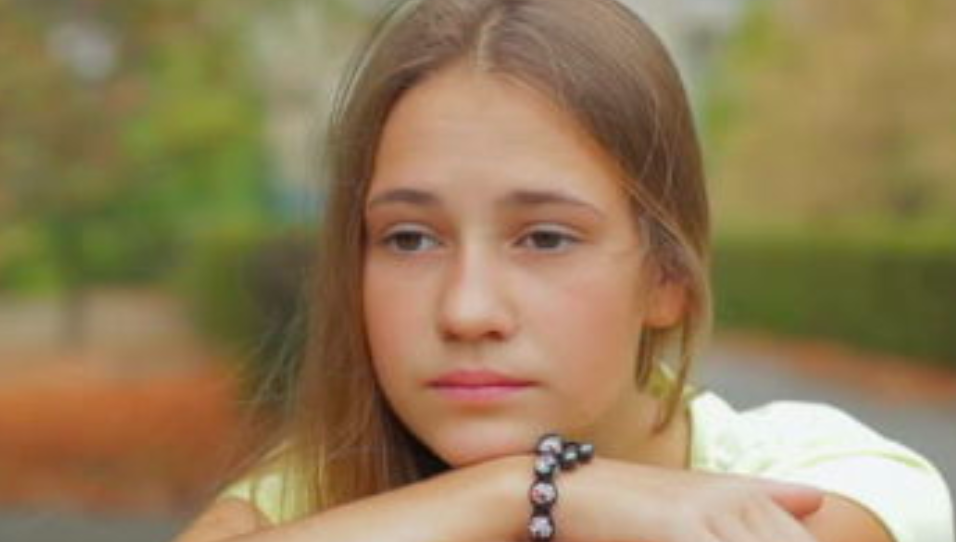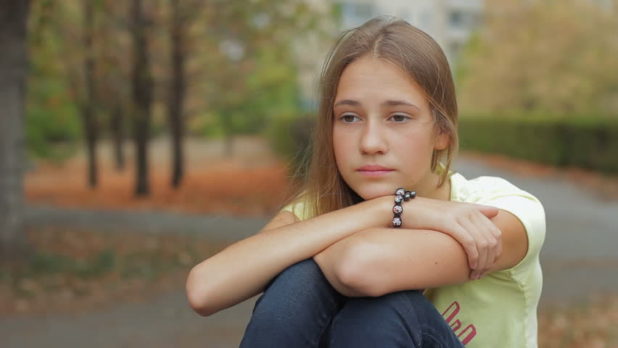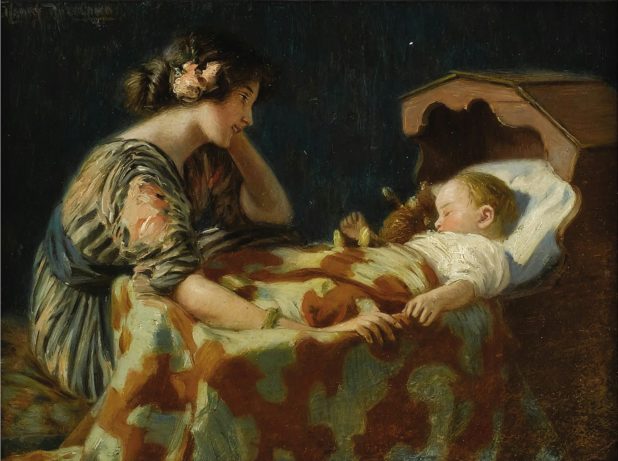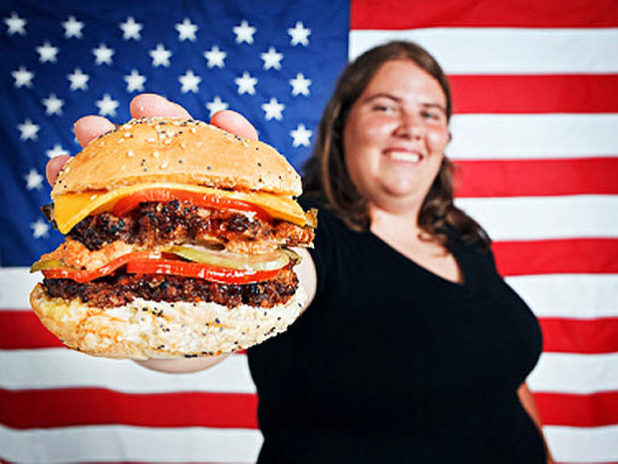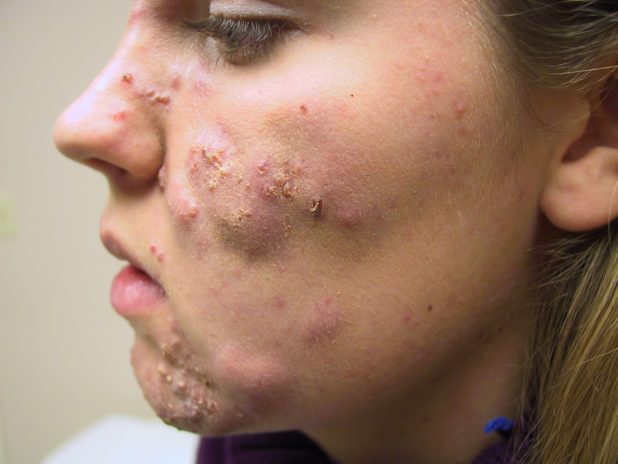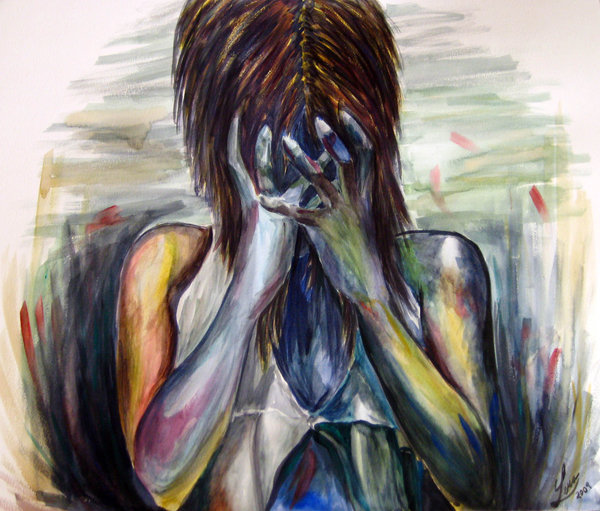Pomidor Quixote
Daily Stormer
October 4, 2019
Despite hormones being known to mess with moods, the study doesn’t show that the pill itself caused the symptoms of depression — it just shows that girls on the pill are also more likely to be depressed, whatever the origin of the depression may be.
Nevertheless, this opens up the door for uncomfortable questions to be asked.
Teenage girls on the pill are more likely to suffer from symptoms linked to depression, according to a new study.
Researchers found that 16-year-olds taking oral contraceptives reported more depressive symptoms – such as crying and having problems with sleep and eating – than those that did not.
Doctors say depressive symptoms can be subtler than diagnosed clinical depression, but are much more common and nonetheless have a profound impact on someone’s quality of life.
Study author Dr Anouk de Wit, of Brigham and Women’s Hospital in the US, said: ‘One of the most common concerns women have when starting the pill, and teens and their parents have when an adolescent is considering taking the pill, is about immediate depressive risks.
‘Most women first take an oral contraceptive pill as a teen.
…
The findings, published in JAMA Psychiatry, showed that, on average, 16-year-olds taking the pill had scores that were 21 percent higher than those who were not.
Specifically, teens taking the pill reported more crying, oversleeping and more eating problems than their counterparts.
‘Depressive symptoms are more prevalent than clinical depression and can have a profound impact on quality of life,’ said co-author Dr Hadine Joffe, also from Brigham.
‘Ours is the first study of this scale to dive deep into the more subtle mood symptoms that occur much more commonly than a depression episode but impact quality of life and are worrying to girls, women and their families.’
Teenage girls are at a higher risk of depression than their male counterparts, and even if their symptoms aren’t clinical, they may still disrupt school and work.
Why are 16-year-old girls even on the pill? Answering this question may shine some light on why 16-year-olds on the pill are more likely to be depressed.
Reproduction is a biological imperative. People are drawn to sex because sex is about reproduction. The fact that technology allowed us to separate sex from reproduction doesn’t change that.
Women who make themselves infertile, at a subconscious or deep enough level, must have some kind of “this is wrong, I messed up” feeling. Sterile sex is a new thing. In the past, sex not resulting in babies meant infertility and infertility meant the end of bloodlines and the inability to continue the species.
We are naturally averse to infertility. We feel disgust when seeing physical signs of infertility, like obese bodies, deformities, and ugly skin. “Infertility is bad” is a built-in premise of living organisms.
What makes people think that we have adapted to separate, at a subconscious level, the “temporary” and self-inflicted infertility caused by contraceptives from the permanent, scary form of infertility?
No matter how attractive you are to women, the more sex you have with them without getting them pregnant, the more likely this eerie infertility feeling will creep in and mess with their attraction and your relationships.
Women not in a relationship, having “casual” sex with multiple partners, are more vulnerable to this because the eerie feeling points to them being the infertile ones, considering that they’ve “tried” with multiple men and are still not producing babies.
Teenage girls are on the pill because they want to have sex without it resulting in babies, but the reason they want to have sex in the first place is that their biology says it’s time to start having babies.
It is a conflicting goal, despite whatever conscious rationalizations they may have.
